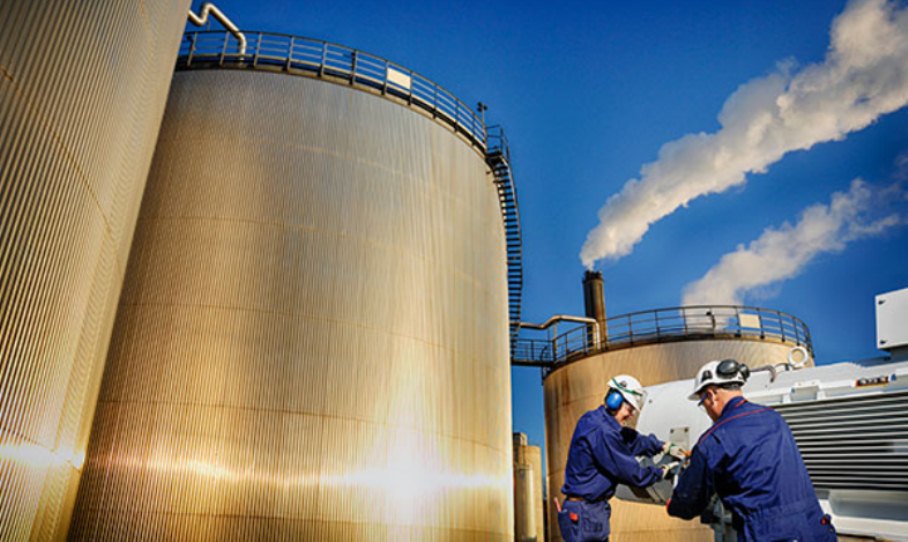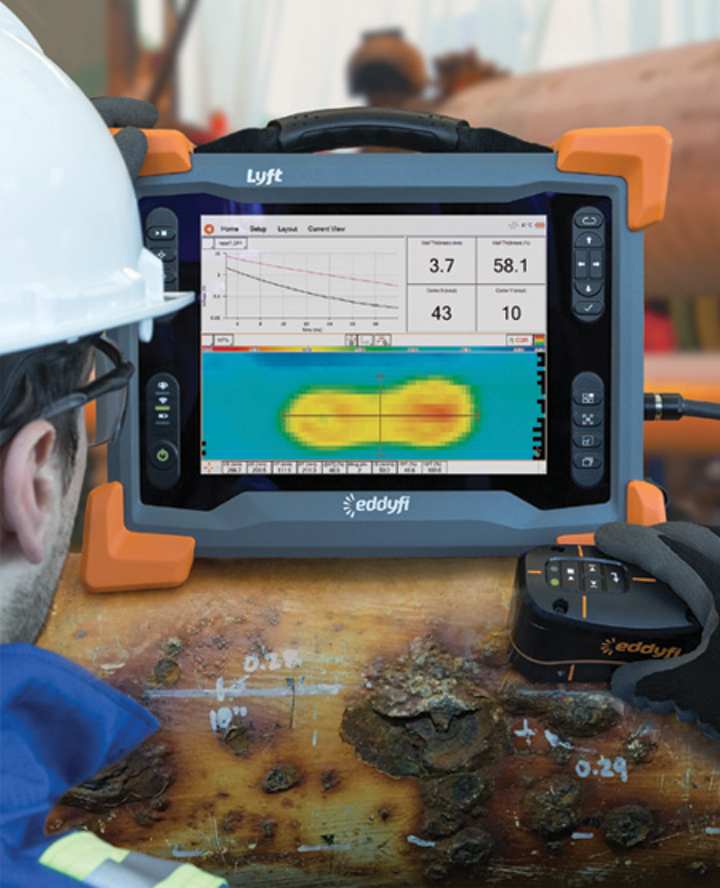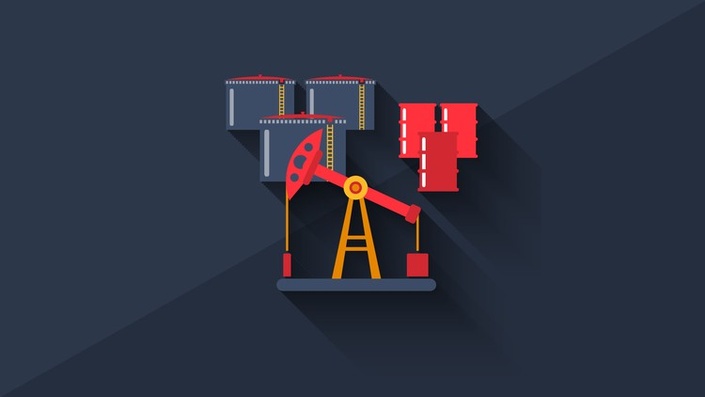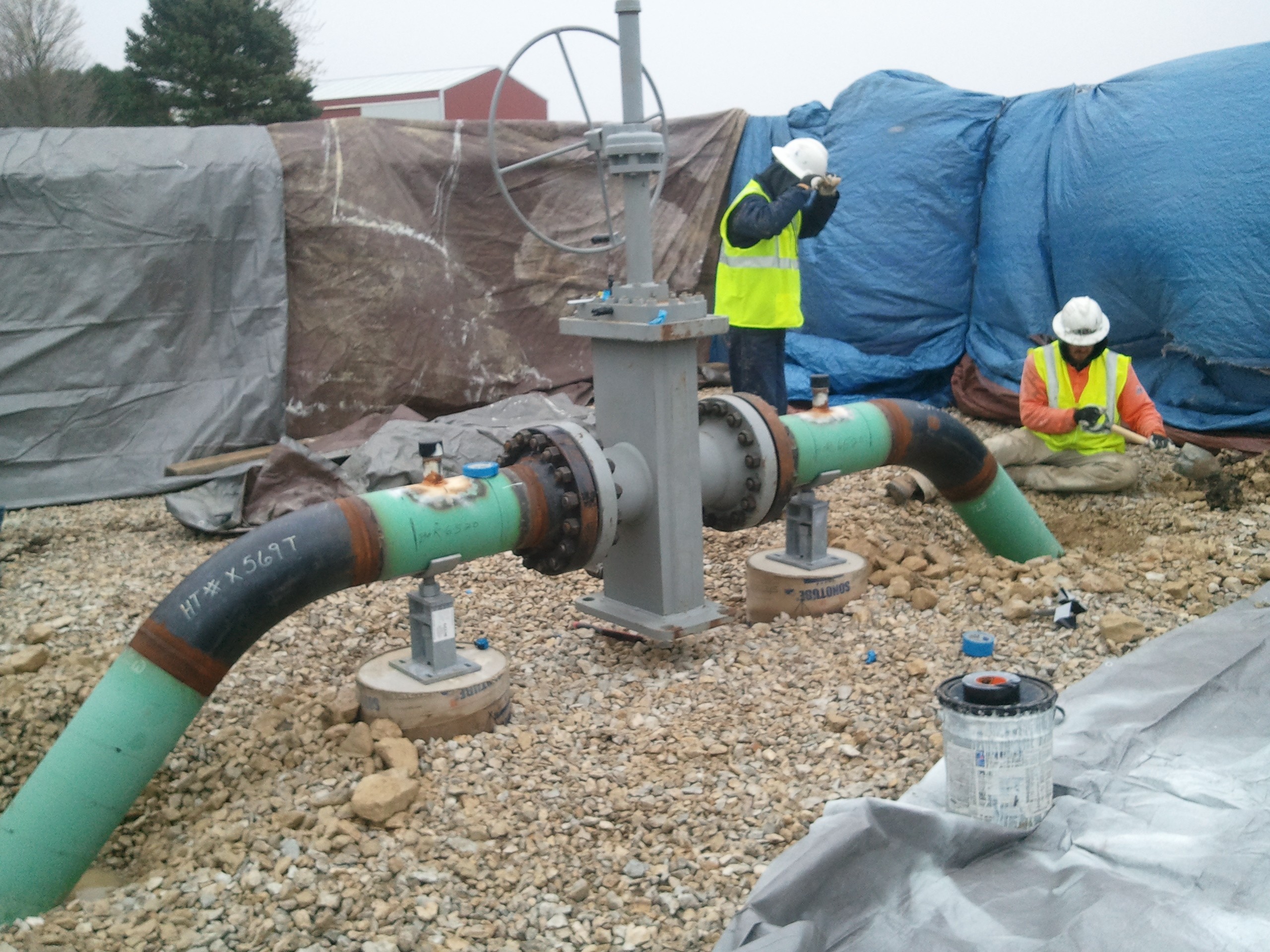

This course provides you with fundamental principles, evaluation and applications of cathodic protection, helping participants recognize them, select cathodic protection control methods and apply them to protect the assets of the organization.
By the end of this course, delegates will be able to:
Corrosion Control Engineers & Personnel, Process Engineers, Metallurgists, Inspection Personnel, Mechanical Engineers, Material Selection Personnel, Plant Contractors, Operations Engineers, Team Leaders & Supervisors, Maintenance Engineers, Maintenance Supervisors, Senior Plant Supervisors, Mechanical Engineers, Corrosion Control & Monitoring Systems Personnel, Equipment Engineers, Maintenance Engineers and Planners, Team Leaders, Managers & Coordinators, Construction Coordinators, Technologists, Safety Officers, Maintenance Team Leaders & Engineers, Design Engineers, Service Company Representatives, Oil and Gas Production Facilities Personnel, Chemists, Chemical Engineers, Inspectors and Inspection Engineers & Supervisors, Technicians and Supervisors, Environmental Specialists, New Petroleum Engineers, Asset Management Personnel, Construction Engineers, Refinery Chemists, Chemical Engineers, Personnel who are / will be responsible for detecting, inspecting, monitoring, controlling corrosion in oil and gas piping, pipelines used in production operations and Personnel responsible for metallurgy, corrosion or the prevention of failures in plant and equipment.
This interactive Training will be highly interactive, with opportunities to advance your opinions and ideas and will include;
Significance of Corrosion Control
Corrosion & Its Control
Corrosive Environments & Construction of Materials
Fundamentals of Cathodic Protection Systems
Cathodic Protection System Design
Cathodic Protection Systems and Coatings
Anodes & Rectifiers
Practicing & Construction of Cathodic Protection System
Inspection of Pipeline and Coating Defects
Instrumentation & Safety Aspects
Corrosion Management Systems
CDGA attendance certificate will be issued to all attendees completing minimum of 75% of the total course duration.
| Code | Date | Venue | Fees | Register |
|---|---|---|---|---|
| PE118-01 | 13-04-2026 | Amsterdam | USD 6950 | |
| PE118-02 | 21-06-2026 | Dubai | USD 5450 | |
| PE118-03 | 20-09-2026 | Muscat | USD 5450 | |
| PE118-04 | 06-12-2026 | Riyadh | USD 5450 |

Corrosion problems have always presented a severe challenge to oil and gas producing operations. Operators plan for long periods of continuous production with maintenance schedules for the prescribed ...

HYSYS serves as the engineering platform for modeling processes from upstream, through gas processing and cryogenic facilities, to refining and chemical processes. This course focuses on how to use HY ...
 (Conforming with NACE Standards).jpg)
This comprehensive Cathodic Protection Interference (CIP) course focuses on AC and DC interference. It provides in-depth coverage of both theoretical concepts and practical applications of identifying ...

Maintaining the ageing infrastructure such as underground pipelines is a challenge to facility owners worldwide. Understanding why and how cathodic protection works or fails can help the operator form ...
Providing services with a high quality that are satisfying the requirements
Appling the specifications and legalizations to ensure the quality of service.
Best utilization of resources for continually improving the business activities.
CDGA keen to selects highly technical instructors based on professional field experience
Since CDGA was established, it considered a training partner for world class oil & gas institution
3012, Block 3, 30 Euro Business Park, Little Island, Co. Cork, T45 V220, Ireland
Mon to Fri 09:00 AM to 06:00 PM
Contact Us anytime!
Request Info